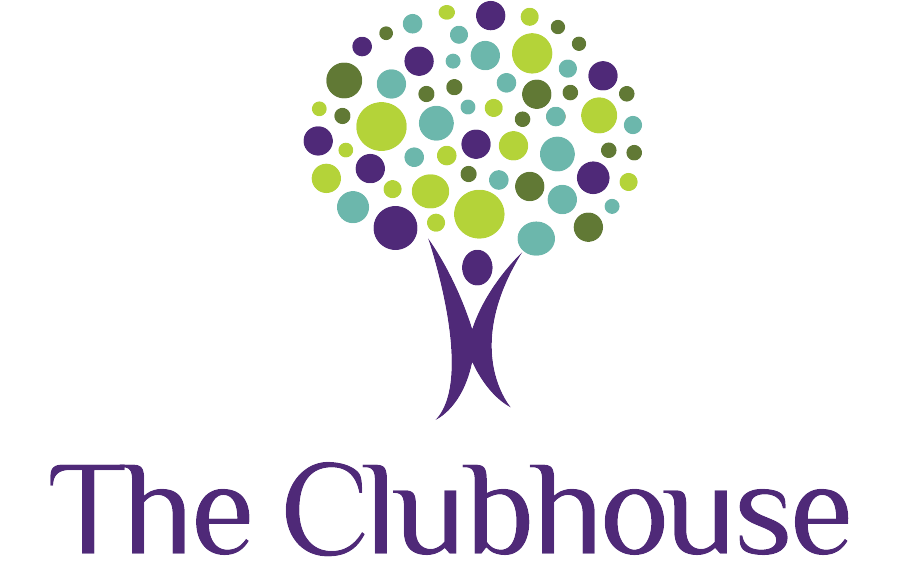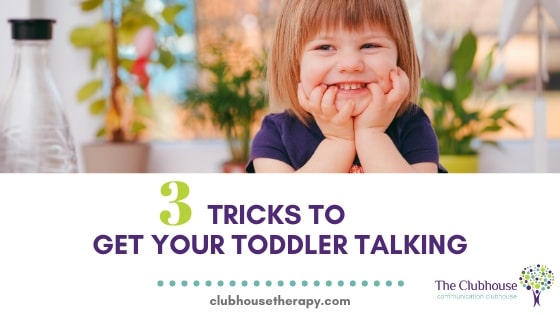Sabotage is not necessarily a bad thing when it comes to early language development. In fact, it’s a great way to encourage your child to initiate conversations. Environmental sabotage does not mean that you are setting you child up for failure. It actually refers to setting up a play situation/activity so that your child will need your help. Here are three ways you can use sabotage at home:
Puzzles
A lot of children love to use puzzles. You can set up pieces that are just out of your child’s reach so that they have to request help from you and/or comment about something being wrong. You can also hide one piece so that when the child has put in all the pieces of the puzzle there is still one missing. This may motivate you child to comment or request assistance as well.
Basketball
Do you have a toy hoop and ball in your house? Try using sabotage while playing this game to encourage your child to talk! You can put the ball on a high shelf and wait for them to request it. Some toy hoops even have adjustable heights, allowing you to raise and lower them. Try to see if your child will comment on it being tall/short and/or request it to be higher or lower when you adjust the height.
Play Doh
You can use Play Doh to encourage your child to spontaneously request, comment, label and/or gesture. You can put Play Doh inside a clear container so that when they see and want to use the Play Doh, they have to ask for it. Another way to elicit spontaneous language is to put one or multiple Play Doh tools inside a box or container that cannot be opened without assistance.
Remember to make environmental sabotage fun! Your child should not get frustrated or upset during these activities. Instead, keep the activities upbeat and if your child is not using language, you can provide examples and models to encourage them to copy your utterances and avoid any frustration!
By: Michelle Konecki, MS, CF-SLP

